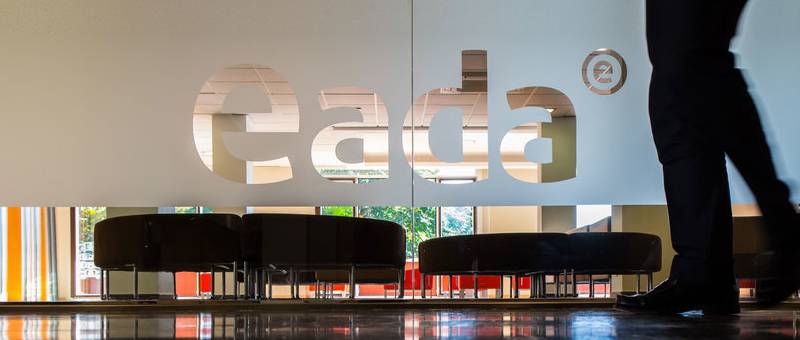Hybrid seminar: Corporate Reparations in Transitional Justice Settings: a Restorative Justice Approach. The Case of Colombia’s Conditionality Regime.

For any inquiry please write to research@eada.edu.
Abstract
Holding corporate actors accountable for their wrongs in transitional justice settings remains an elusive quest. Over recent years, an increasing volume of scholarship has dedicated attention to legal and non-legal processes and mechanisms that may enable accountability for such agents. Yet, scant attention has been paid to one of the outputs emerging from an accountability process, namely: corporate reparations. The prevailing conceptualization of corporate reparations, in theory, and practice, remains essentially materialistic and conceives victims as mere recipients and passive actors in the definition of corporate reparations. The neglect of a discussion on corporate reparations allows these conceptualizations to remain unchallenged. The purpose of this paper is to highlight the need for broadening the scope of corporate reparations beyond material reparations and to allow for an approach to corporate repair in which victims’ participation and needs are placed at the center. To this end, we introduce a restorative justice approach to corporate reparations in transitional justice settings and discuss its potential opportunities and limitations. We argue that to facilitate corporate reparations along with the parameters of restorative justice, mechanisms of transitional justice accountability have to actively manage two trade-offs related to (a) the scope, and (b) the degree of systematization of the accountability mechanism. We illustrate these points by discussing the Conditionality Regime under Colombia’s Special Jurisdiction for Peace as part of its Integral System of Truth, Justice, Reparation, and non-Repetition.
Short Bio
Jordi is a Ph.D. in International Management from the University of St Gallen. He holds a Bachelor and a Master in Business Administration by ESADE Business School and an MSc in Research in Political Science by Pompeu Fabra University. He has been visiting Ph.D. at the Legal Studies and Business Ethics Department of the Wharton School (University of Pennsylvania). He is currently Senior Research Fellow at the Institute for Business Ethics at the University of St Gallen and a visiting lecturer at Eada and Esade business schools. Jordi’s teaching activity focuses on leadership, business ethics, and other corporate responsibility related topics. Research wise, Jordi leads a project on corporate accountability in transitional justice settings across Germany, South Africa, and Colombia. The project is financed by the Swiss Network of International Studies.
